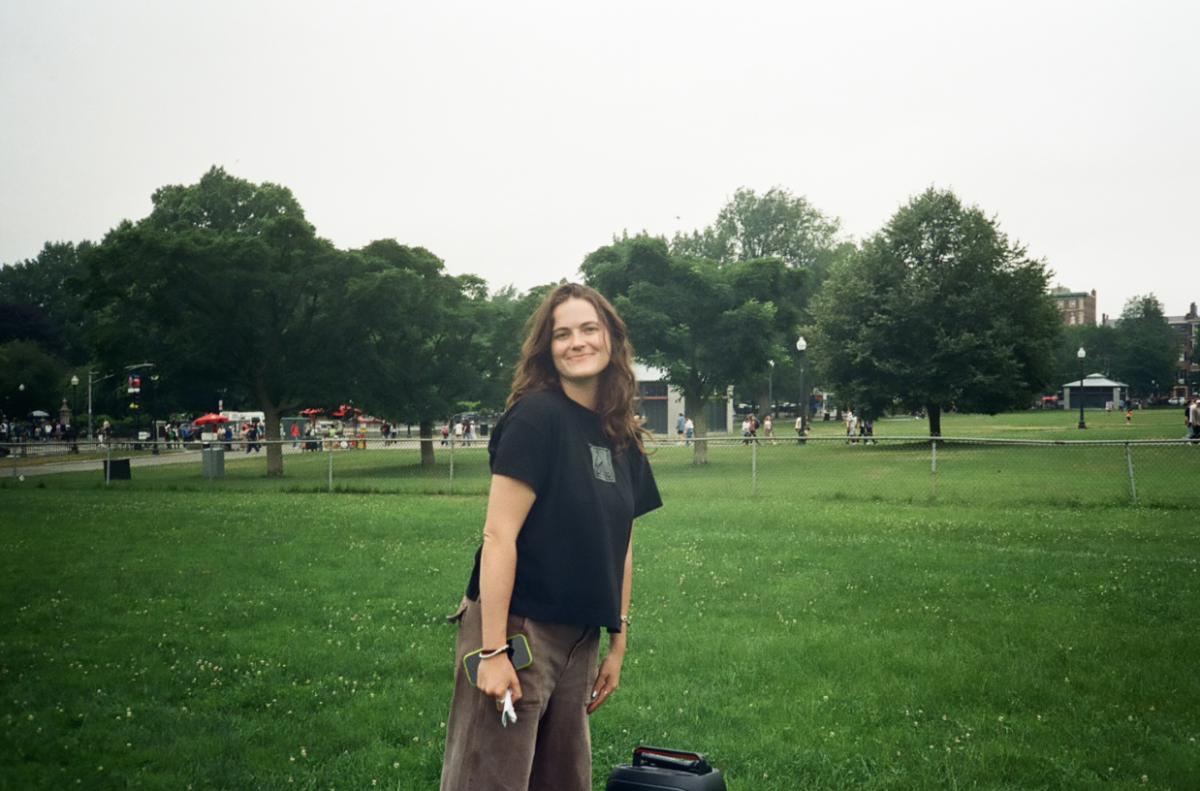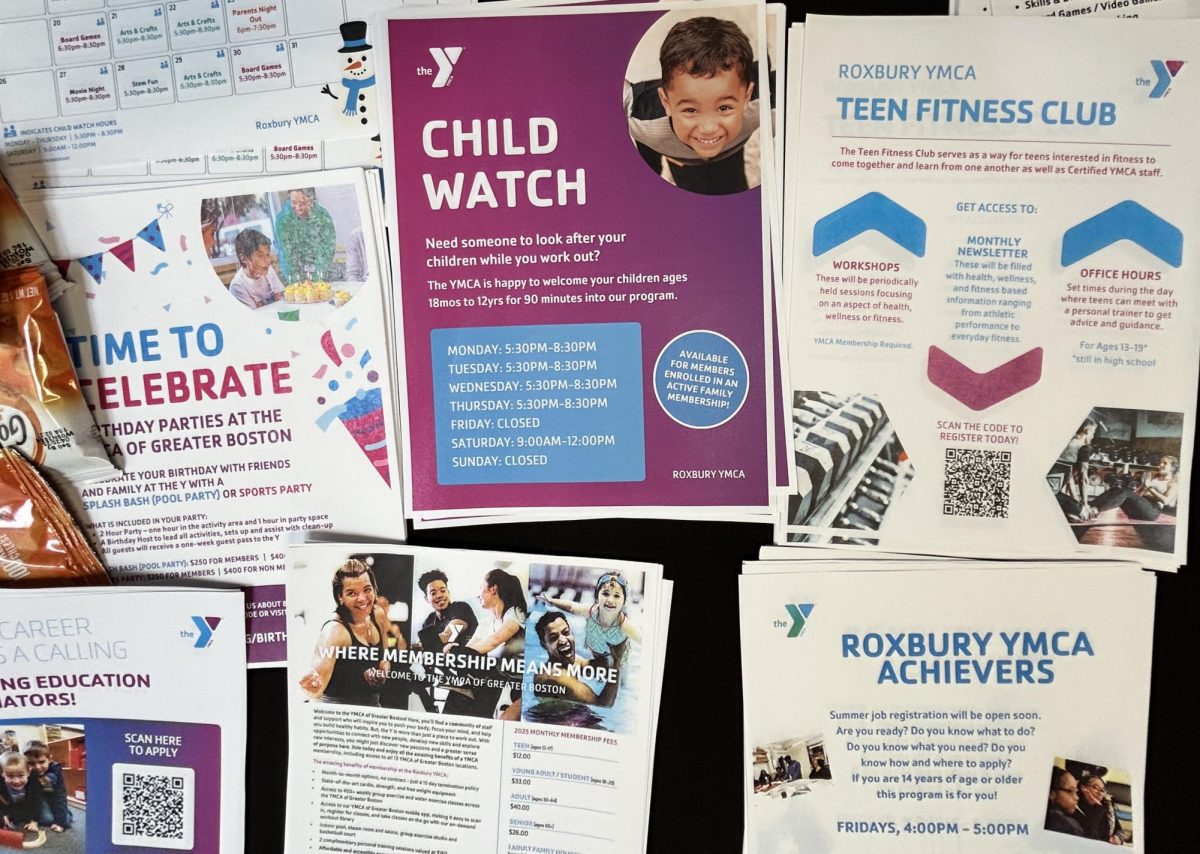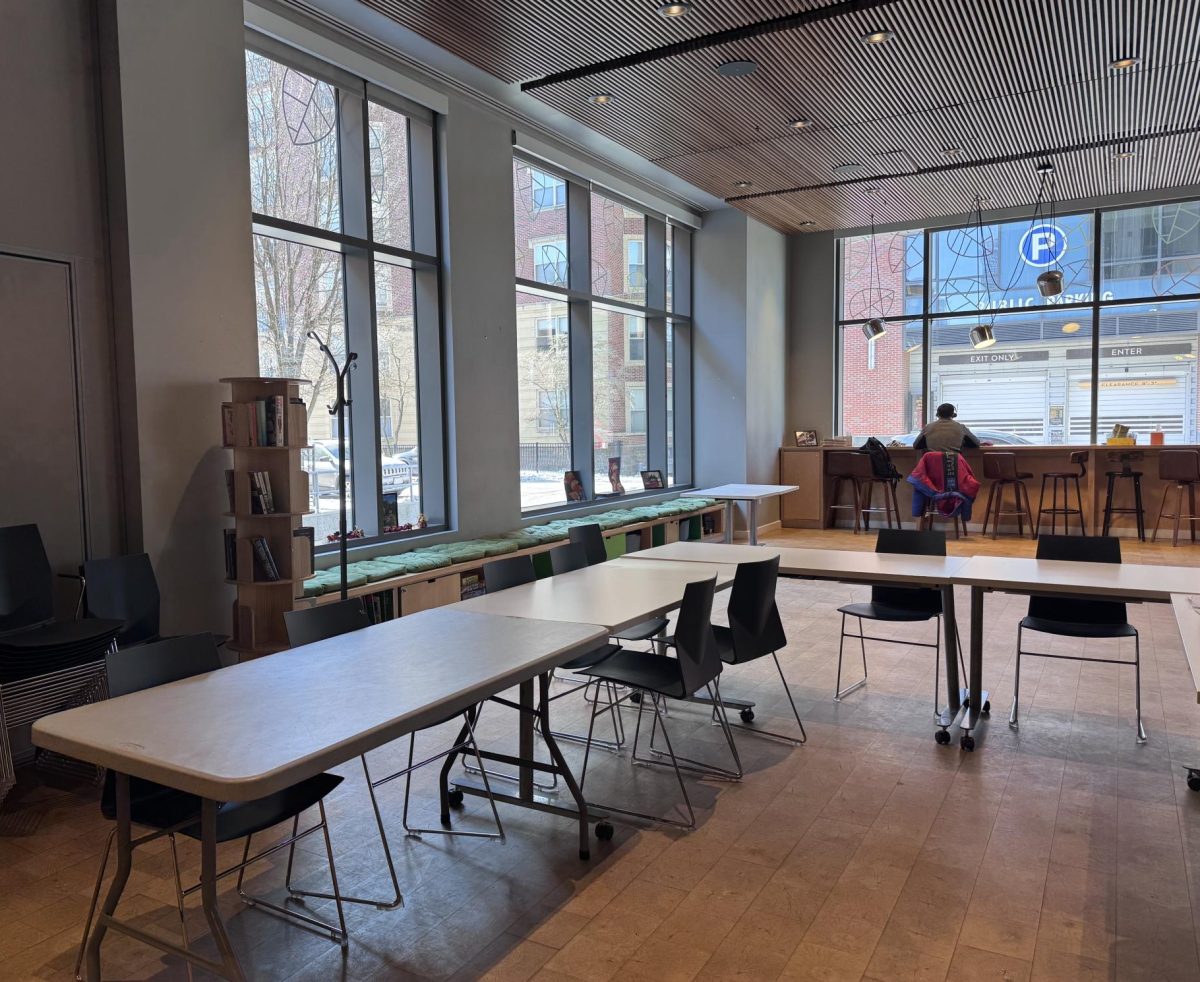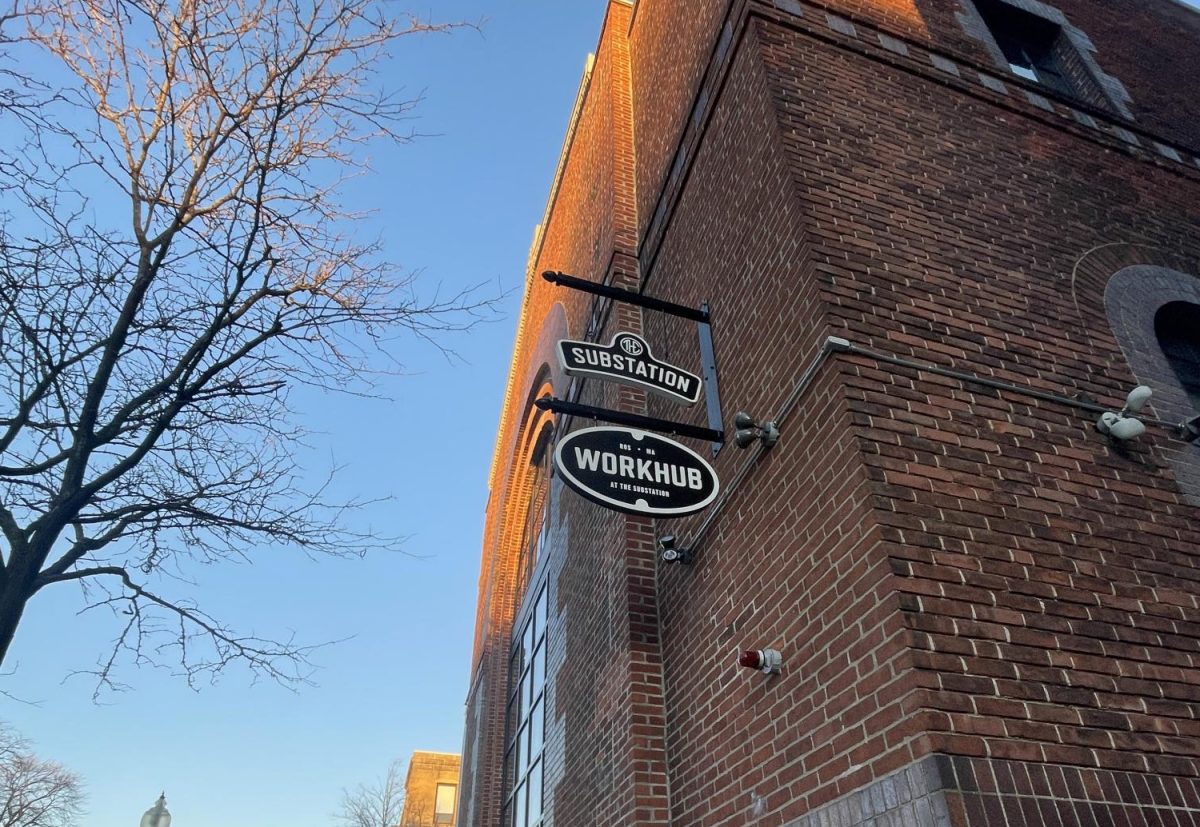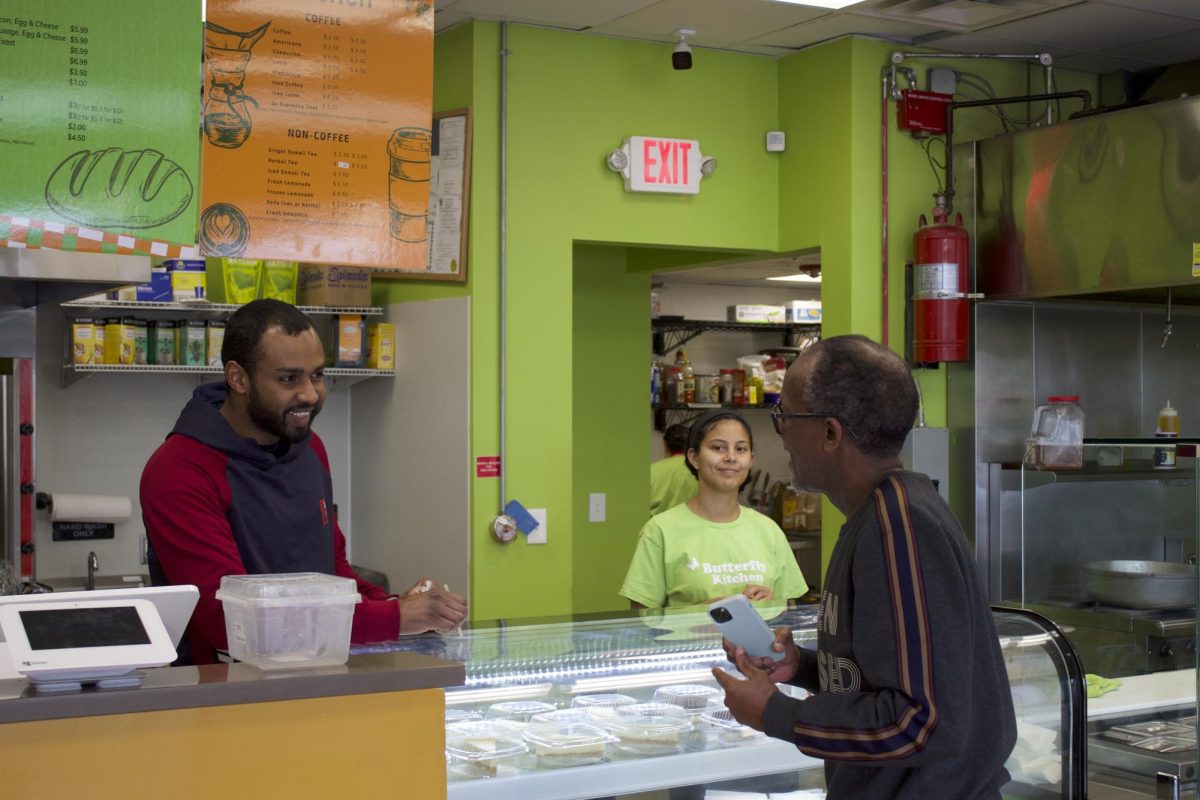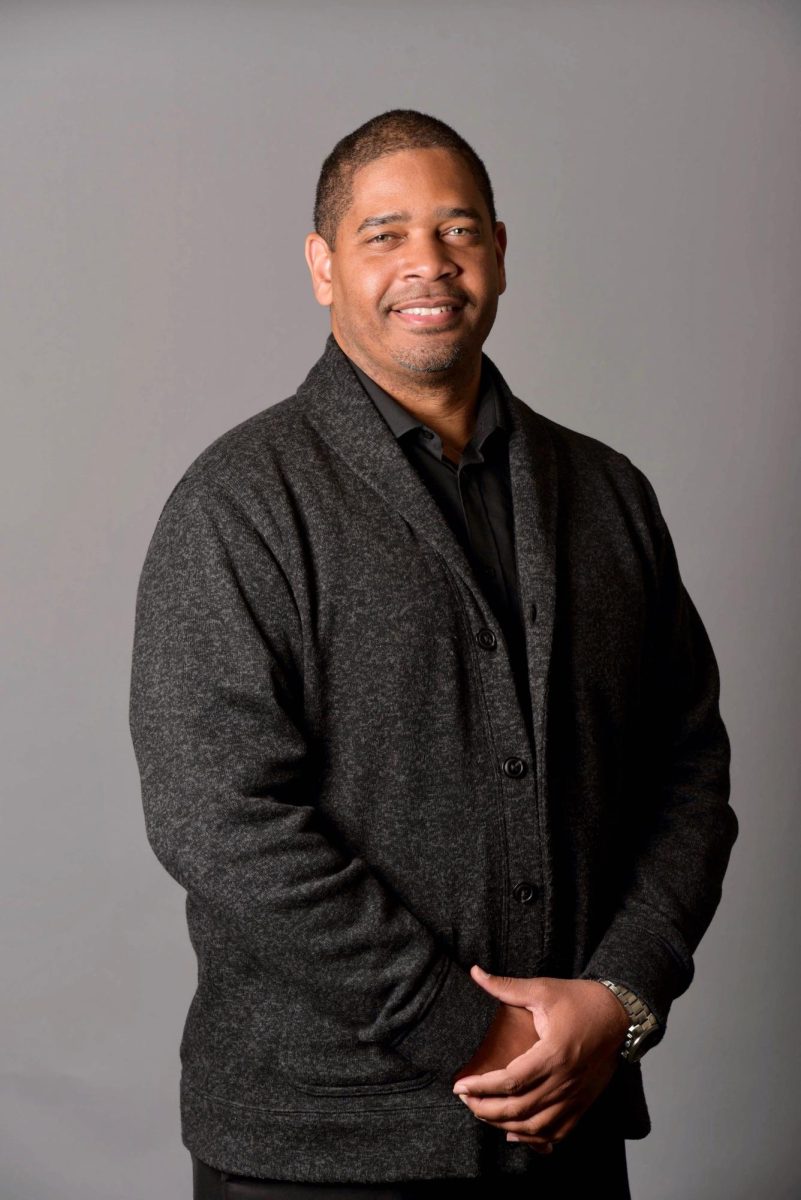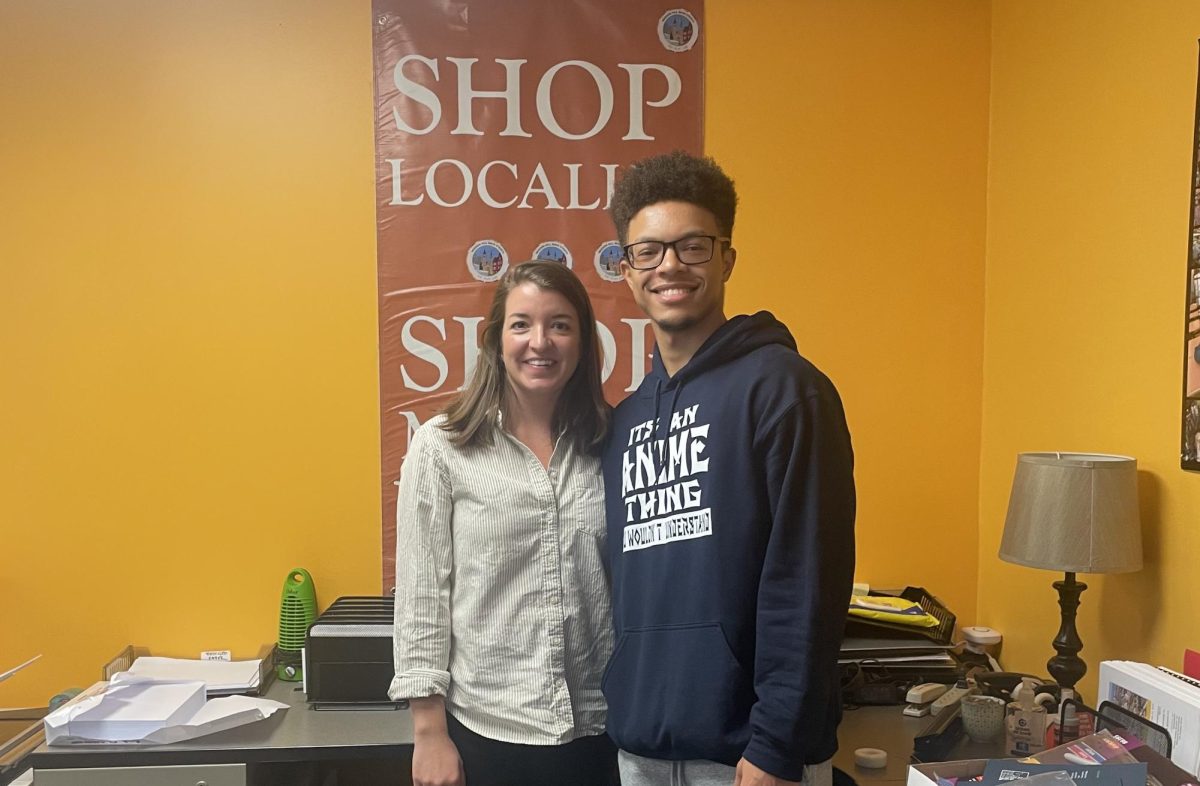In the summer of 2024, Boston resident Hannah Witts was struggling with the same problem many people face after graduation: finding a community. Most of her friends had moved out of the city, and she struggled to relate to new people she met. So on Oct. 11, 2024, which was International Lesbian Day, Witts launched Lesbos.
To her, it seemed like her friends in other cities were having a blast at gay bars and drag shows. While Boston has a vibrant queer community, Witts felt the need to create a more organized way to connect with others. She put together a calendar of everything lesbian-related for herself and anyone else who might be struggling to find their community.
What started as a newsletter with 35 LGBTQ+ events happening in the greater Boston area has now grown into an entire magazine with art, history, and articles written by members of the community. They sell branded merchandise and host events throughout Boston and beyond. The most recent newsletter included more than 220 events for October alone.
One of those events was the first annual Lesbos Choice Awards, held to celebrate the newsletter’s first birthday. Hundreds of Lesbos subscribers turned up to show their support and party. Witts wore a tuxedo and top hat and had tears in her eyes when she blew out the birthday candles atop a surprise cake made by one of her subscribers. The celebration was the culmination of a year of hard work. She hadn’t just found a community, she built one, and it grew bigger than she could have imagined.
Frankie Moutier and Mark Puskey sat down with Witts to discuss the creation of Lesbos, how it has impacted the city of Boston, and future plans for the organization. The following has been edited for clarity.
Mark Puskey: Why did you start Lesbos?
HW: Great question. I started Lesbos because I needed something like Lesbos. I was postgrad, and all my friends moved to New York or LA, and I kept getting ads for different lesbian events happening in those cities, and it just kind of felt like, you know, that’s where everything lesbian was happening, but I love living in Boston. I love being here, and it just felt like if there was something that was centralized, where people could find out about things, we could create that same fun and community right here.
FM: You do a lot of projects, like besides just the newsletter. There’s the events, the magazines, the voicemail box. What do you think is the purpose of doing all of those?
HW: Such a great question, because sometimes I am staying up until like, four or five to do these little side projects, and my friends are like, “why are you doing that, though?” I think… The main reason is I find it really exciting. I’m never really worried about running out. People are always like, “oh, why don’t you save that for the next issue? Like, you might run out of topics one day, or, like, you might run out of things to talk about. Like, there’s only so much here in Boston.” But the more I do, the more I find out about, and I’m really not concerned about that kind of thing.
So with the zines, the purpose of that is to let other people share their art and gather all these stories and feel like there’s this tangible thing for us here in Boston. And then some other things are more goal oriented, like I have a side project called Lesbos Generations where I set up like an older lesbian and a younger lesbian to get coffee together and then they write about that reflection for the newsletter and that’s a fun side project to just get people to think more about people older than them and the people younger than them. I think there are some really awesome people who take the time to read this whole lengthy newsletter, that’s not always the best way to reach people. So it’s fun to find other different ways to engage.
MP: What are you doing for the one year anniversary? Anything special?
HW: What aren’t we doing? So for the one-year anniversary, I really wanted to work with other orgs in Boston. I think something that makes the newsletter so strong is just the work that all these other orgs are doing to put on fun events and create cool things that people want to go to, and want to show up with or show up for. So it made sense to me to want to celebrate with them, so I reached out to a bunch of different ones, and I’m having a lot of fun little collaborative events with these people who have consistently been on the calendar. For example, there’s going to be a lesbian boxing night with this queer self-defense club, and there’s going to be a historical lesbian walking tour of Mount Auburn Cemetery with a hiking group that started in part because of lesbos. I like to encourage people to start their own groups, and this is someone that started a group back in November.
Then we’re also having a night of a thousand kisses for international lesbian Day. That’s with a friend who runs a monthly dyke night called Dykeal’s out in Somerville. So we’re doing a Dykeal’s pop-up on a Wednesday with the goal of reaching a thousand lesbian kisses. So we’ll have a little counter and a spin the bottle, and some back-alley buzz cuts. And then on Saturday, we’re also having the Lesbos Choice Awards, it is very silly, very fun. And then I put together a Zine for the one year. So all kinds of things. I’m over the top with my own birthday, so I think it makes sense that I’m really excited to celebrate Lesbos’s birthday.
FM: I feel like a lot of what you do is about building community. What do you think is the importance of building community? Especially right now.
HW: Yeah. Not only is there all the obvious stuff, there’s also just a great deal of spending all day like engaging with things that aren’t really necessarily tangible, or they’re taking up your time, but they’re not really feeding you. And so I think for me, community is just a really grounding thing to make you care about what’s happening where you are, because it’s happening to people you know now, or it’s happening to people you care about. I think when everything feels really hard, it’s human to want to like, hold someone’s hand or just kind of have people to lean on. And it’s really hard to make those kinds of connections on your own or just out in the world. And so that’s something that I appreciate.
One of the people who wrote in for the one-year celebration was talking about people they had met at Lesbos events that they’re friends with now, and like how it meant so much to them because at the beginning of the summer, like, they were so worried about how they were going to move in September. And then, come September, they had all these friends who helped them move and helped them set up their new apartment. I think that’s really special. It’s not just like finding friends to go out and do fun things. It’s finding the kind of people who will show up for you and will support you, especially in a city and a community where not everyone’s really connected to their family.
Check out Lesbos on Instagram here.


